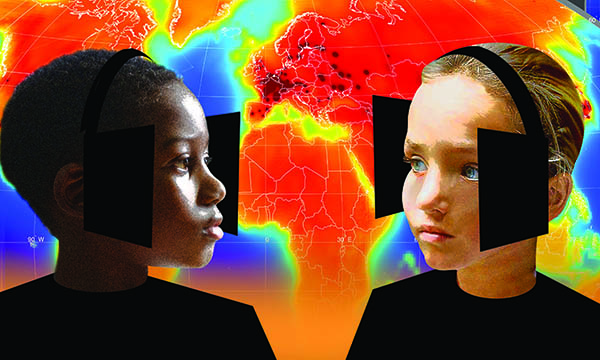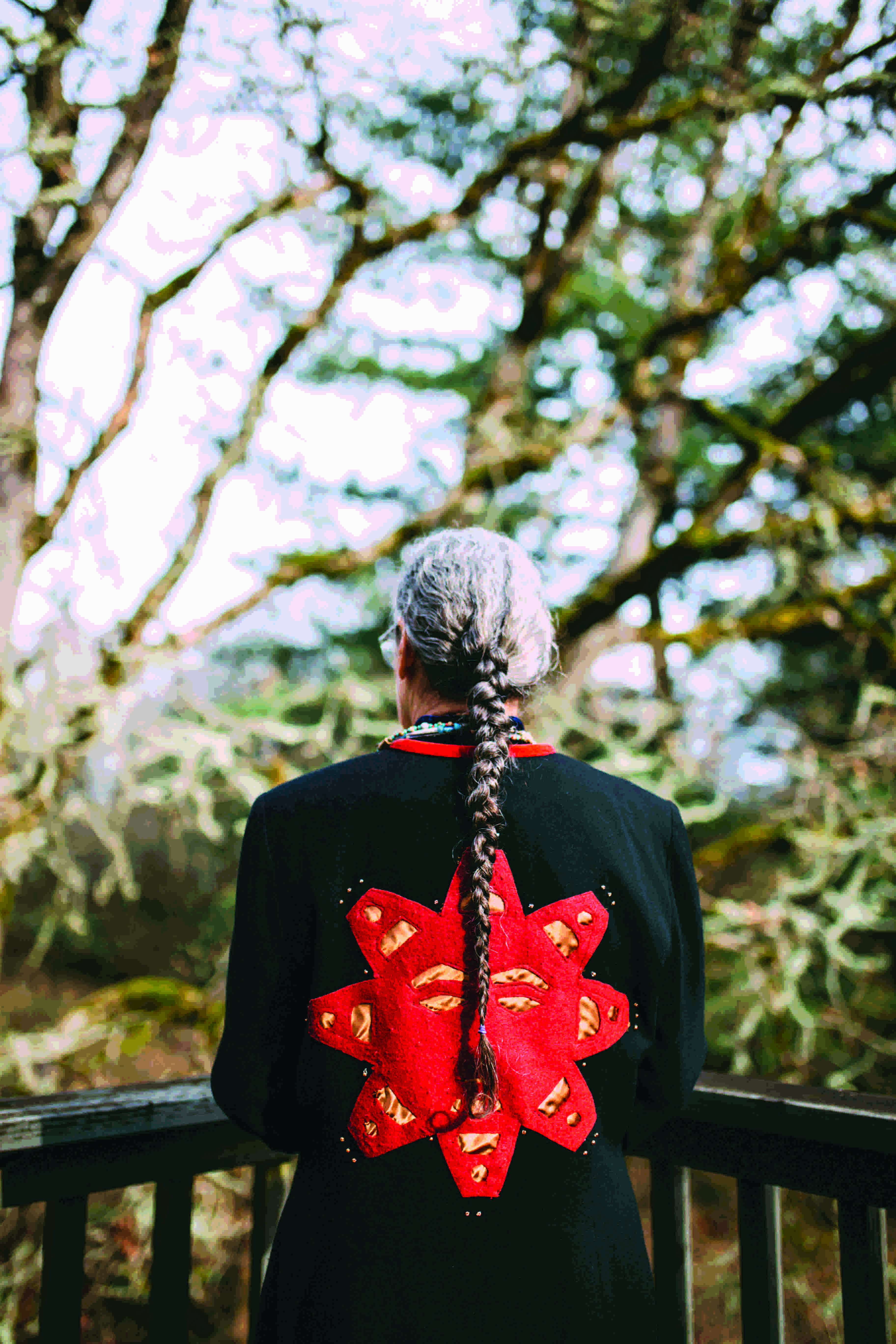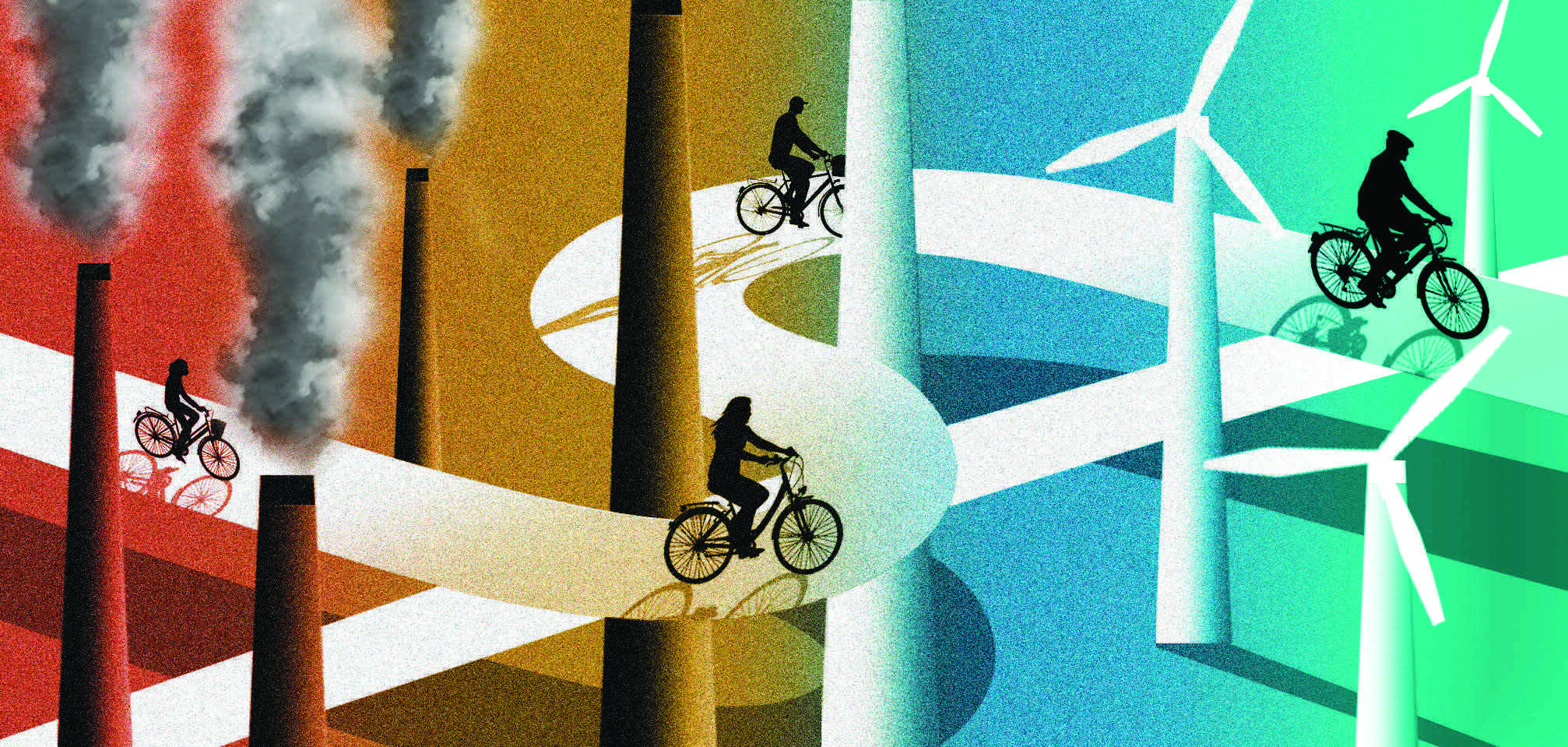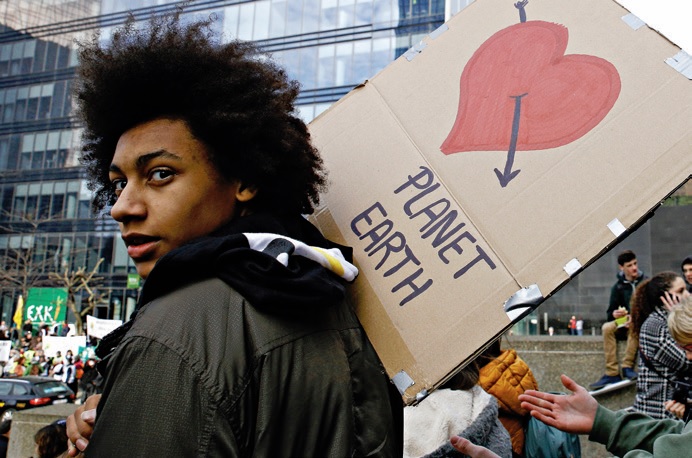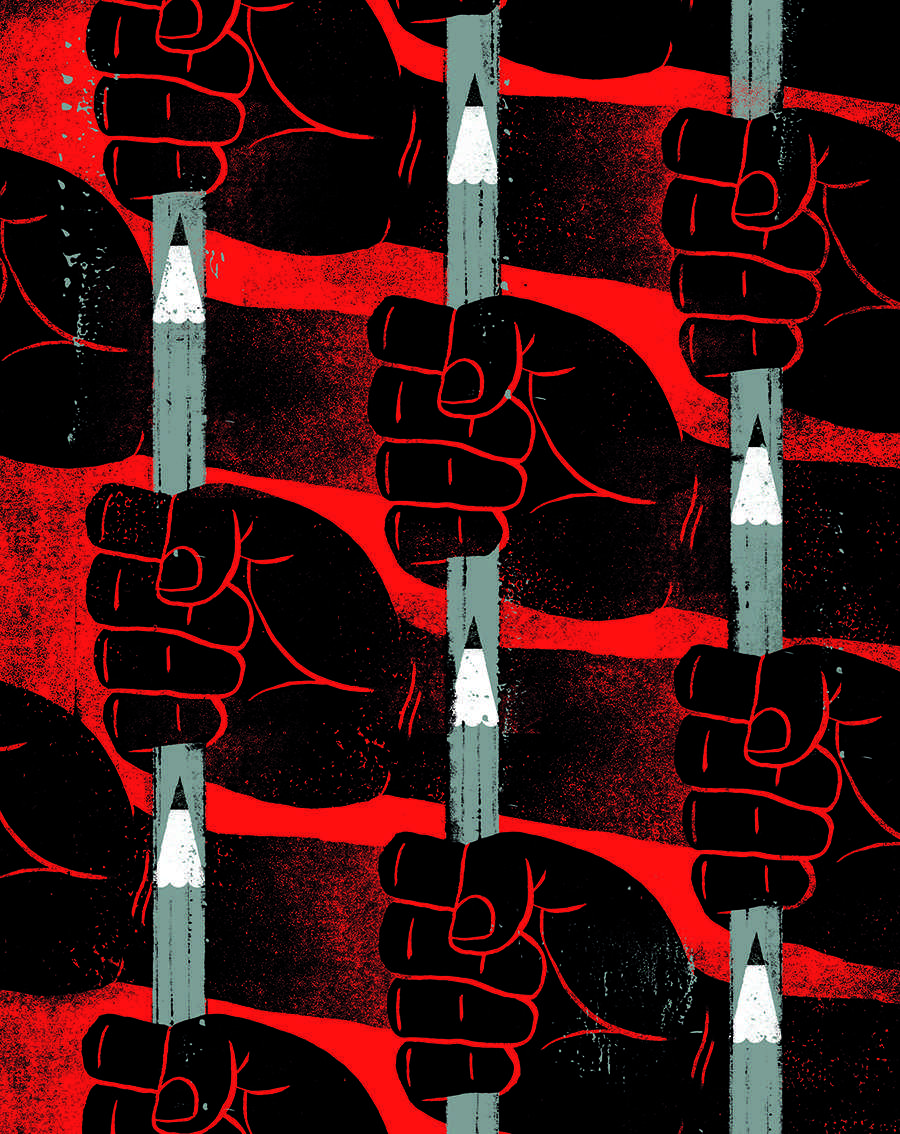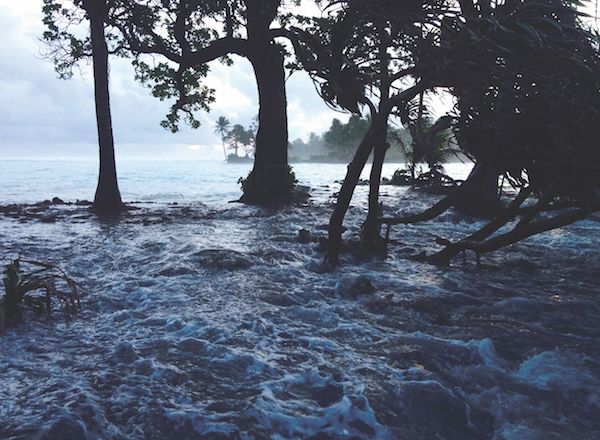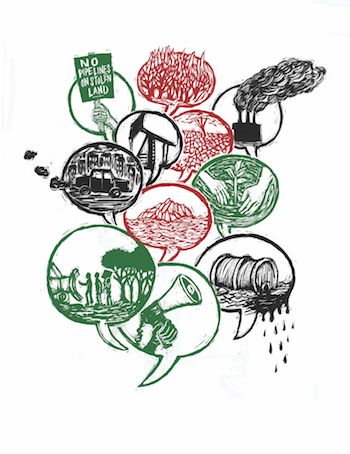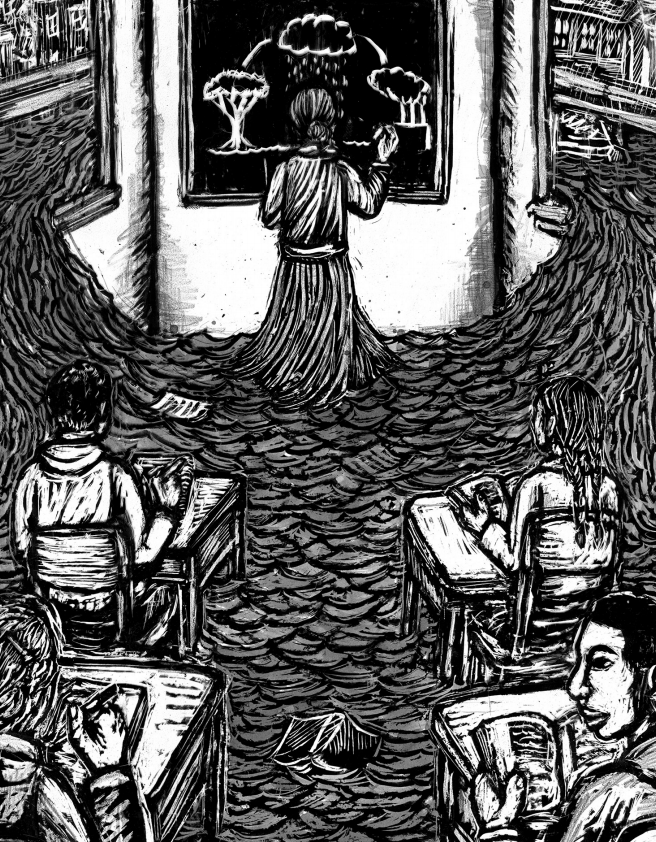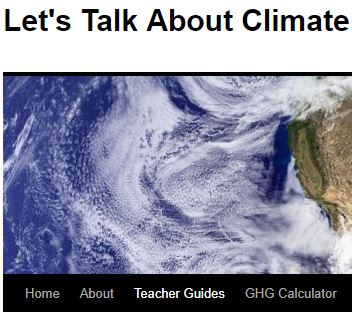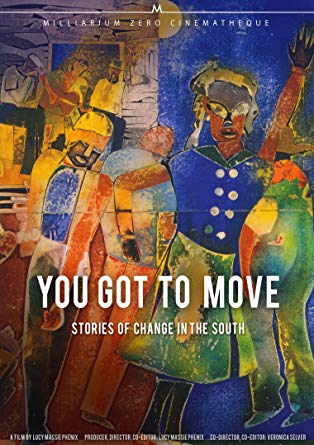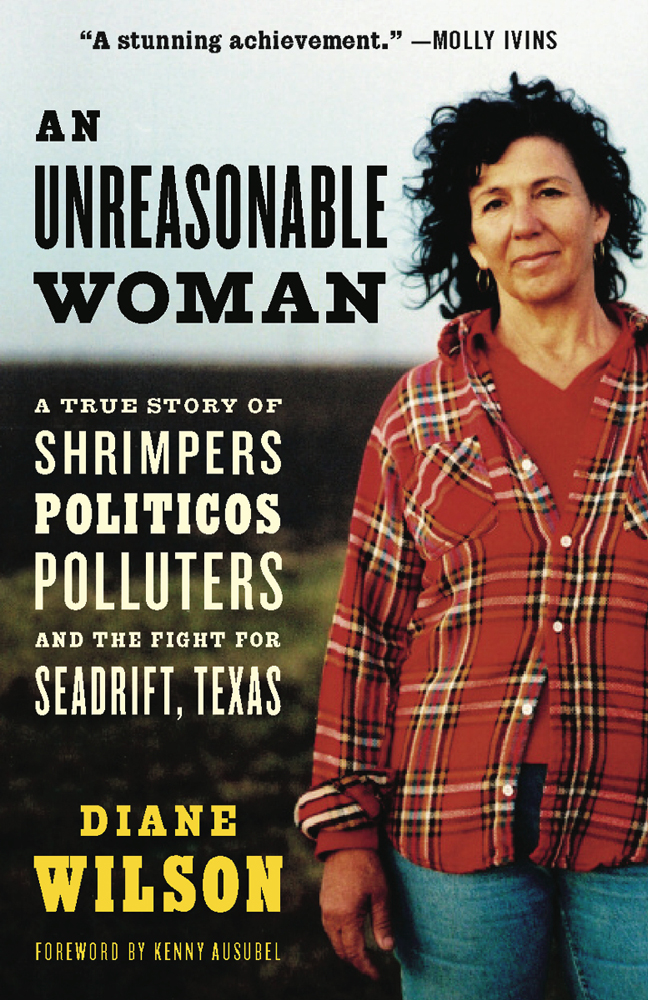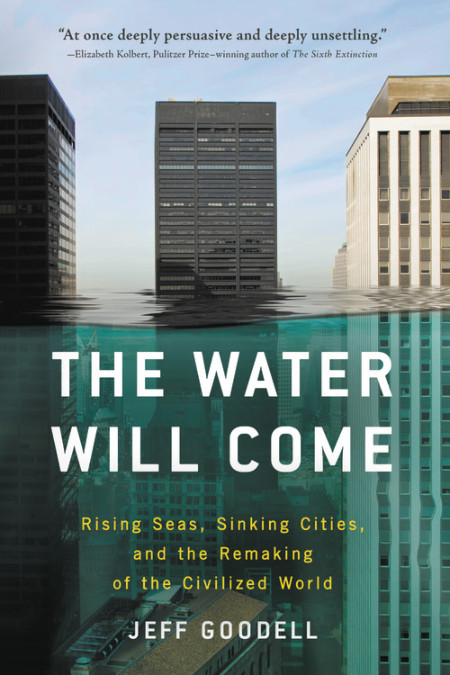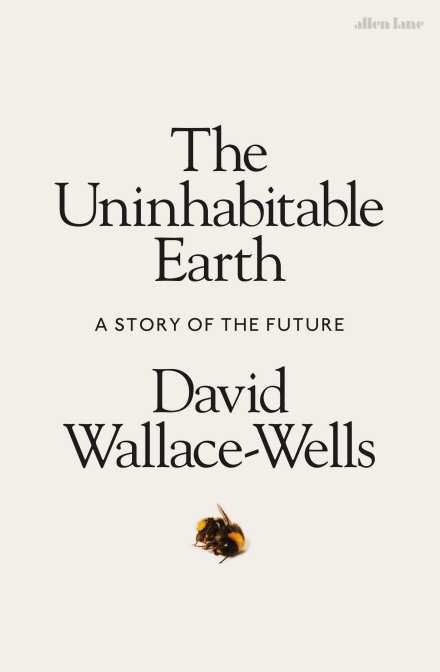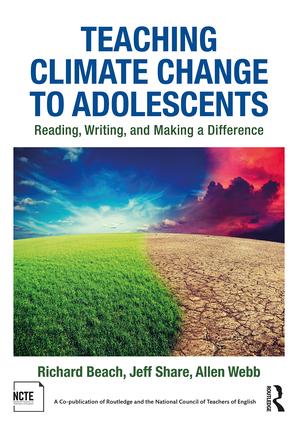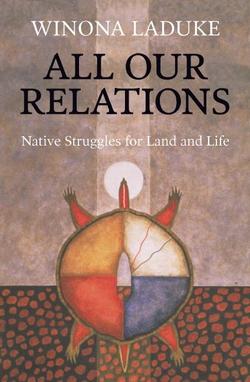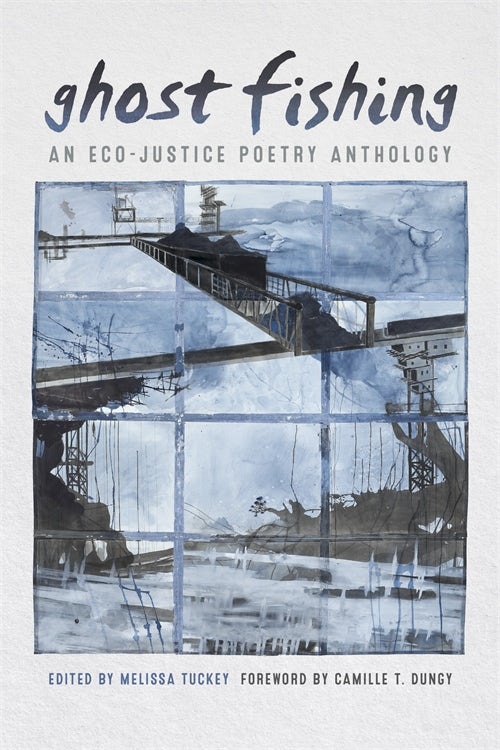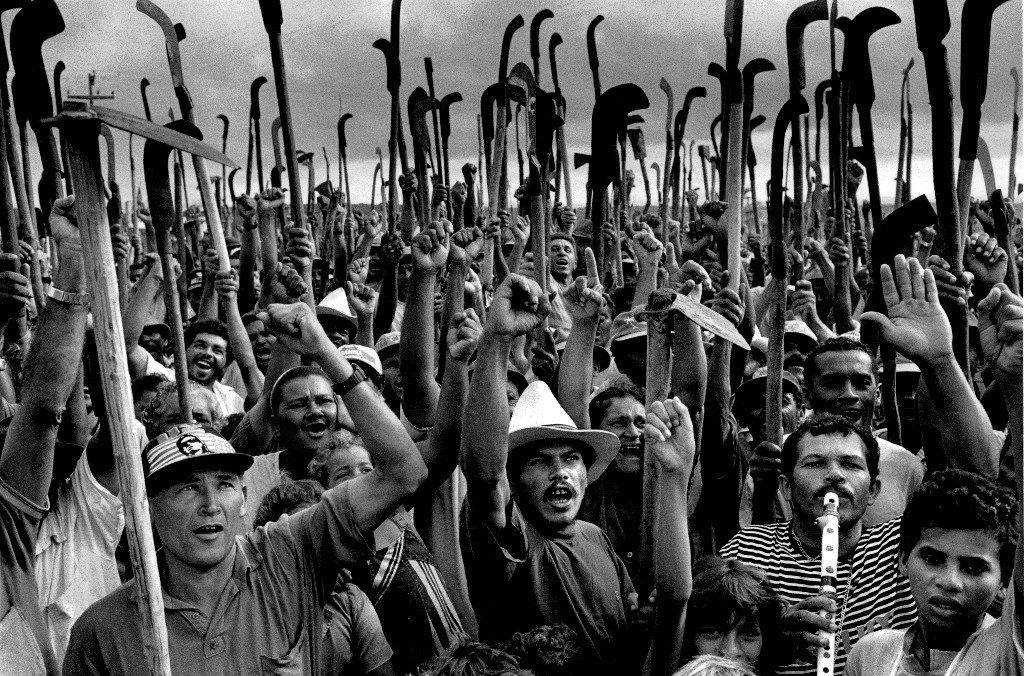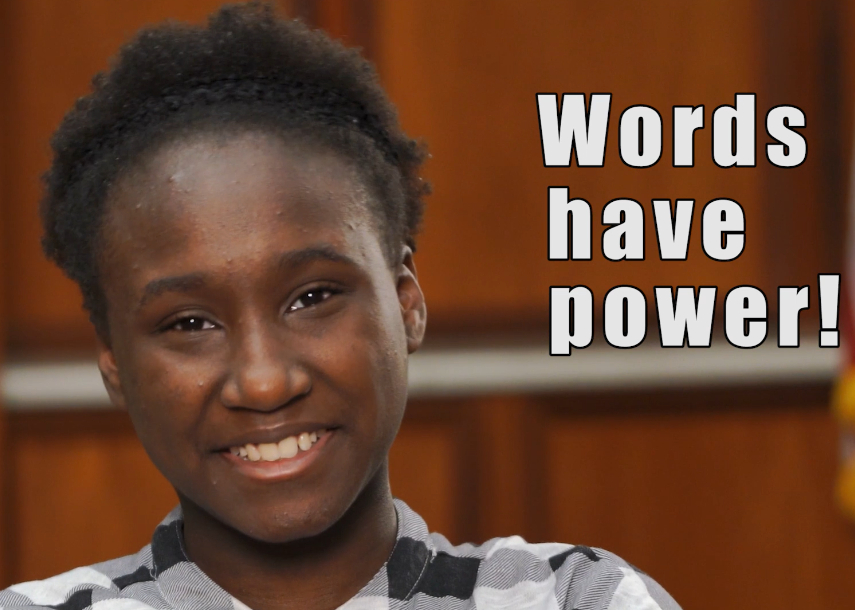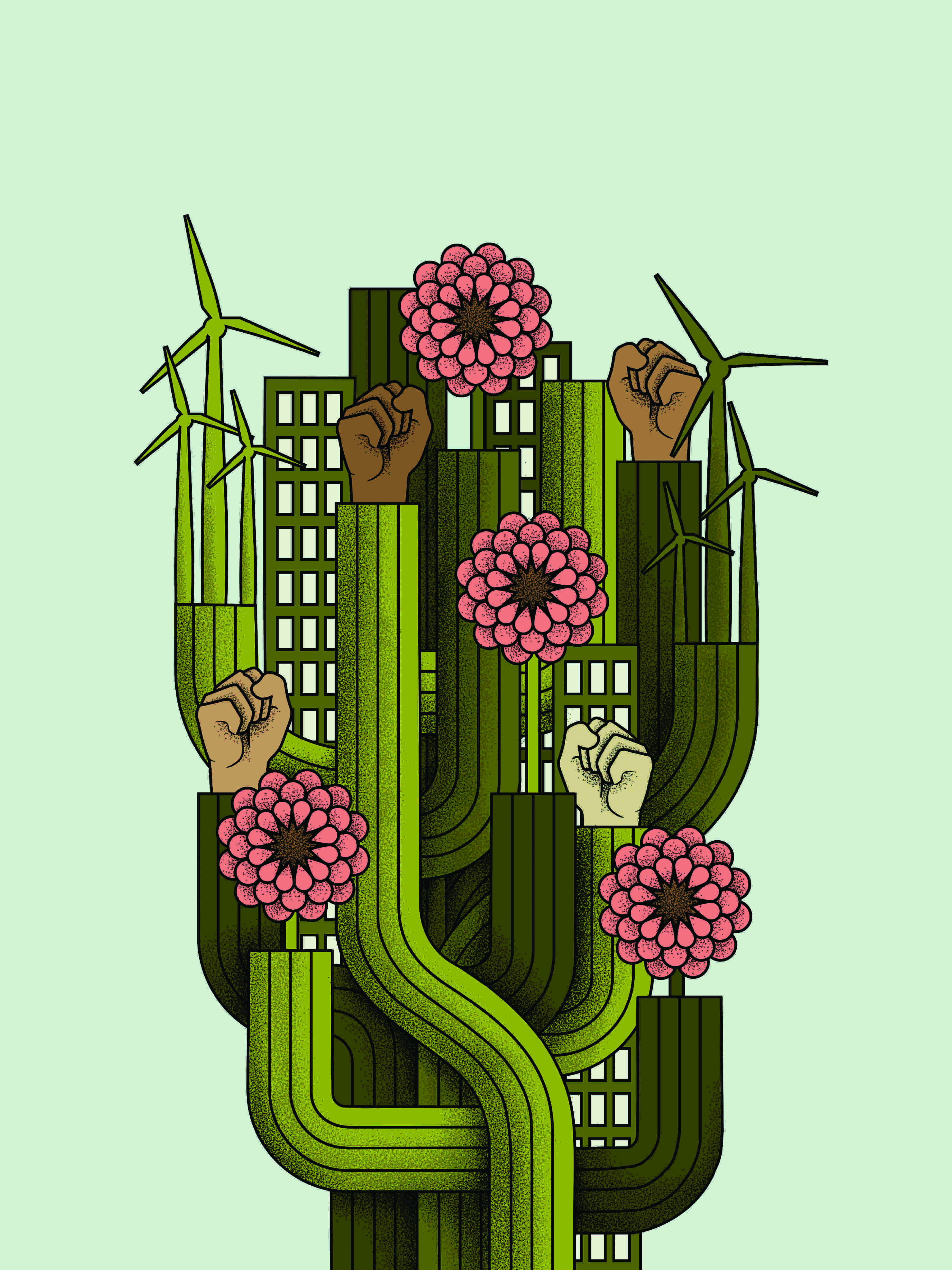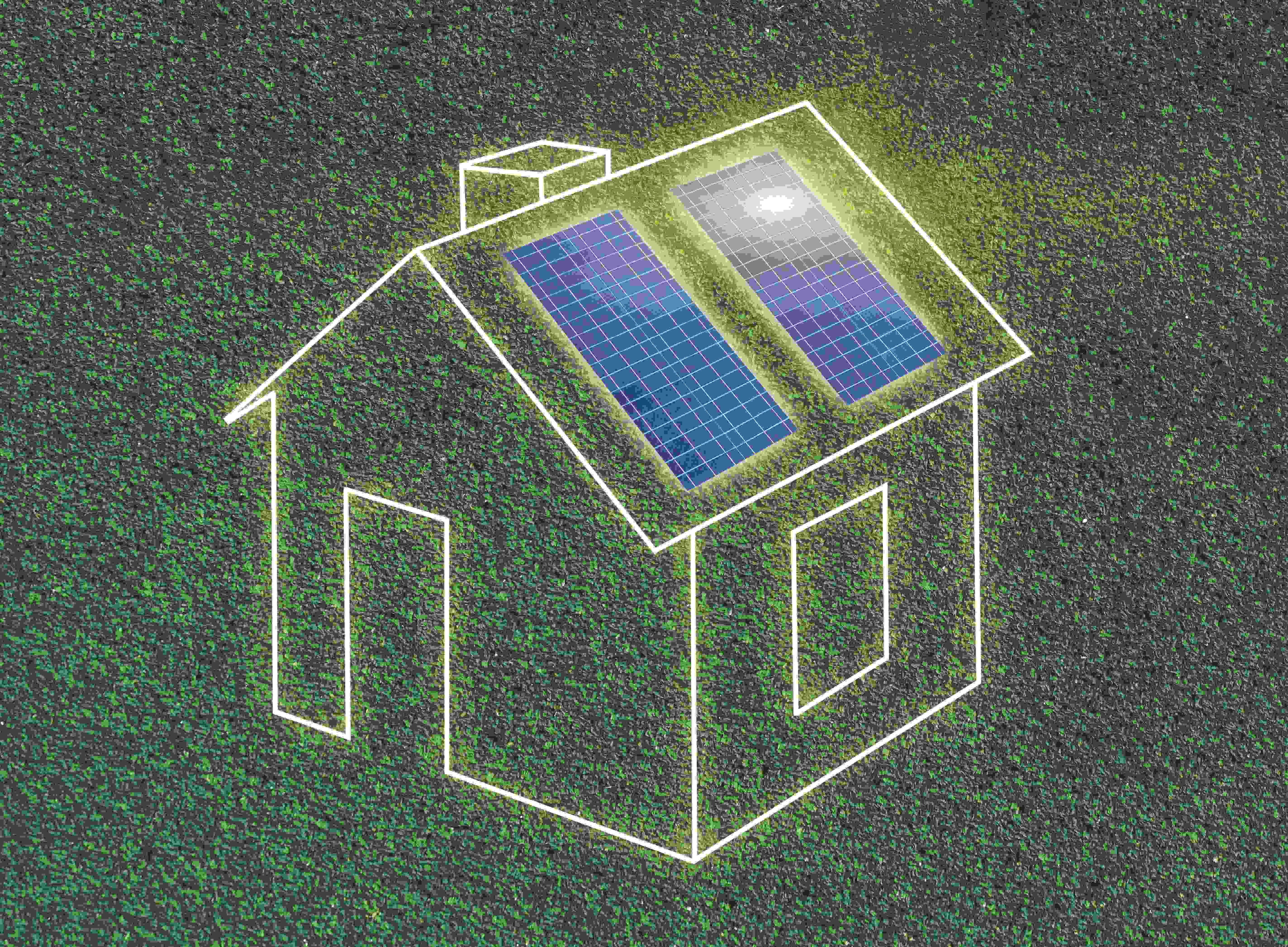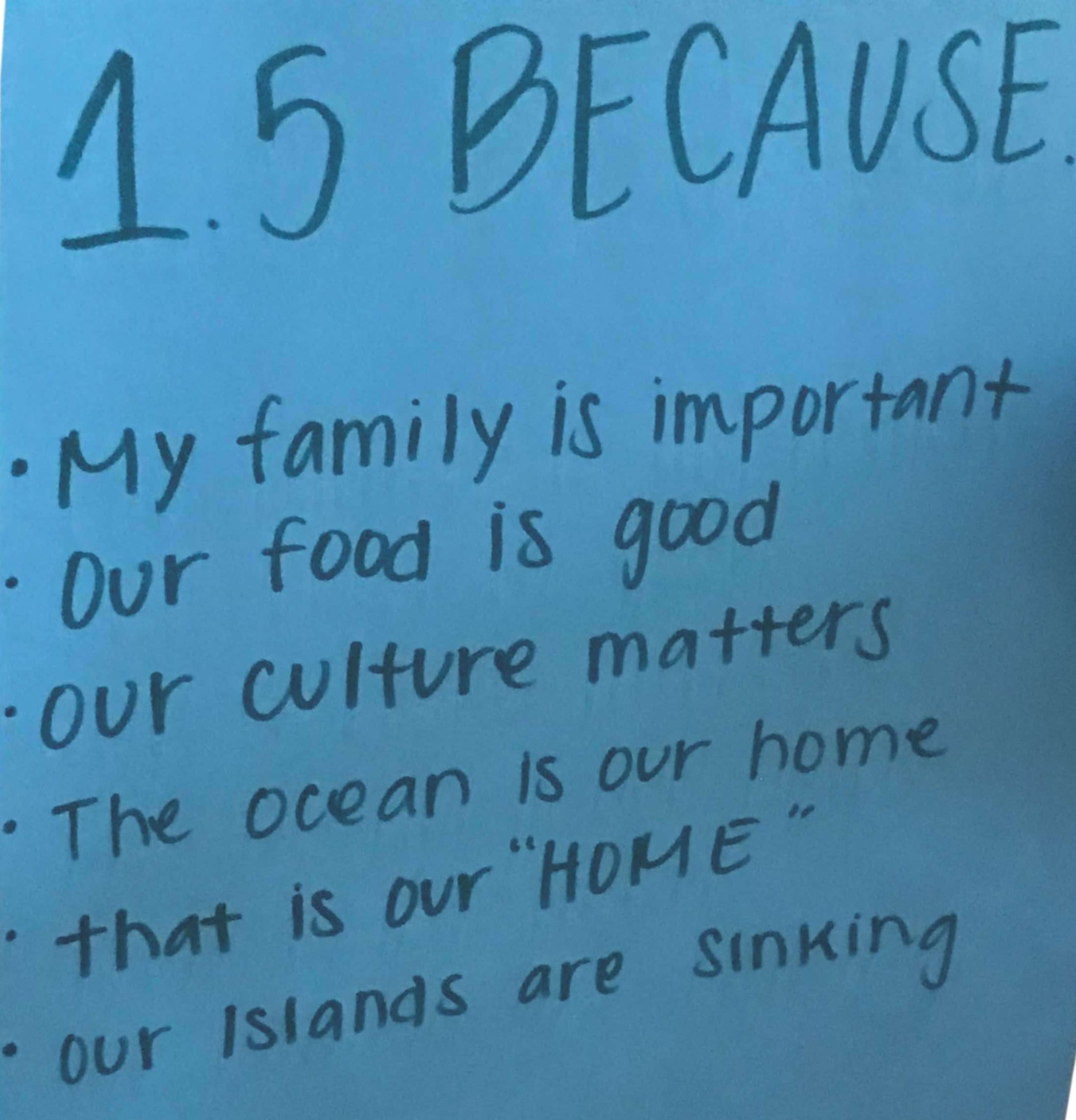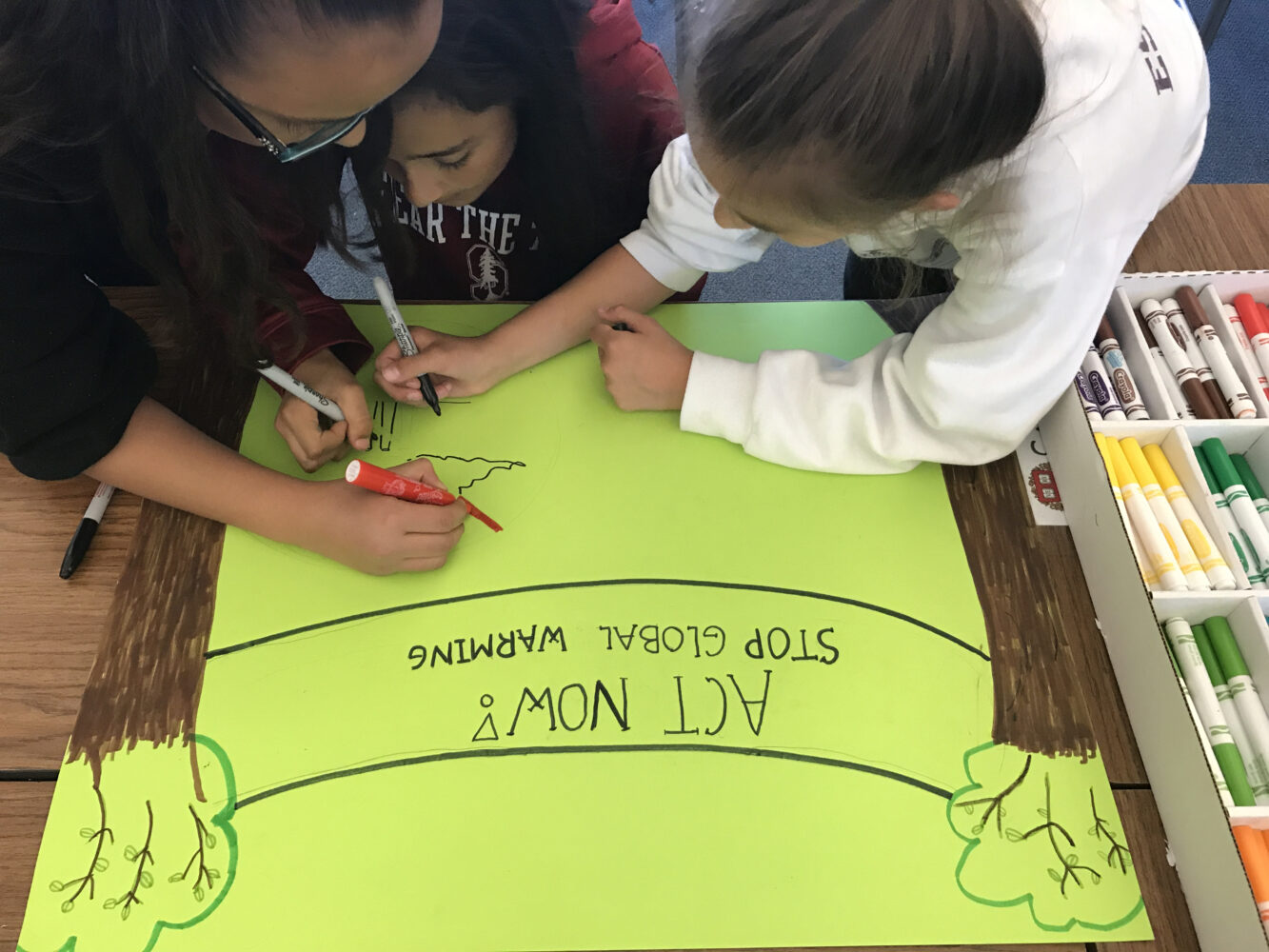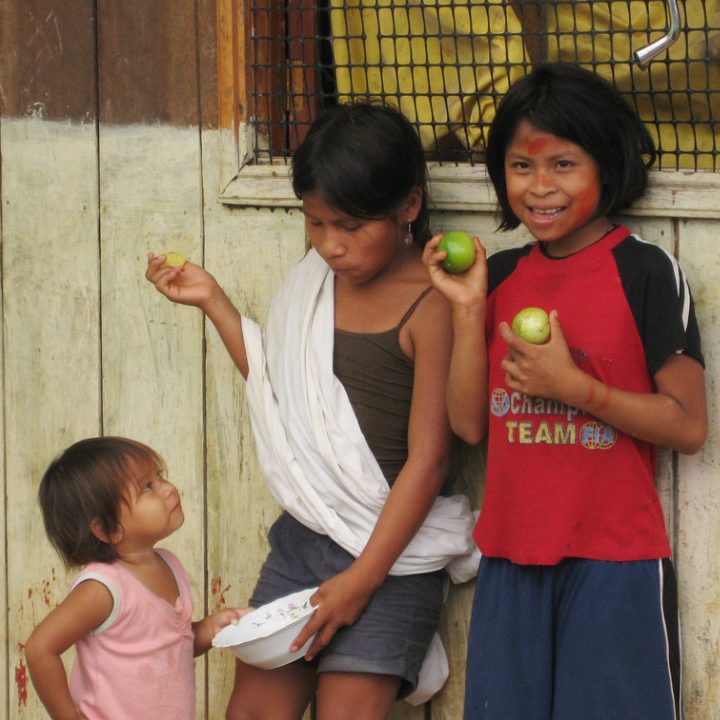Article. By Bill Bigelow. Rethinking Schools, Spring 2018.
Every single one of the texts adopted in Portland, known for being green and liberal, misleads young people about the climate crisis.
Continue reading
Article. By Bill Bigelow. Rethinking Schools, Fall 2018.
Teaching hope instead of despair, teachers invite students to research “climate warriors,” those who “know the truth” and yet are not defeated by it.
Continue reading
Article. By Bill Bigelow. Rethinking Schools, Winter 2018.
The “just transition” away from fossil fuels can also be a move toward a society that is cleaner, more equal, and more democratic.
Continue reading
Article. By Bill Bigelow. Rethinking Schools, Spring 2019.
For too long, the fossil fuel industry has tried to buy teachers’ and students’ silence. But teaching climate justice has never been more urgent.
Continue reading
Article. By Rachel Boccio. Rethinking Schools, Winter 2018.
A Connecticut educator who taught English to incarcerated young men for 20 years describes what happened when she introduced her students to the Canadian “Leap Manifesto.”
Continue reading
Teaching Activity & Article. By Michelle Nicola. Rethinking Schools.
Using Marshallese poet and climate justice activist Kathy Jetñil-Kijiner’s poem “Dear Matafele Peinam,” a teacher helps 7th graders think about the sacred spaces in their own lives and how they will be affected by climate change.
Continue reading
Teaching Activity. By Rowan Shafer. Rethinking Schools.
A teacher adapts the “Climate Change Mixer” designed for older students as a springboard for a unit on global warming and climate justice. She asks, "How could I bring up an issue so big and abstract, so gloom and doom, with 3rd graders? How could I not?"
Continue reading
Teaching Activity. By Eric Fishman. Rethinking Schools.
An elementary school teacher developed the engaging Quetzal Conundrum game to help students understand the impact of climate change in Costa Rica.
Continue reading
Teaching Activity. By Bill Bigelow. 2009. Rethinking Schools.
The environmental crisis requires a profound social and curricular rethinking.
Continue reading
Teaching Guide. Project coordinator: Peter Crownfield. In collaboration with the Alliance for Sustainable Communities–Lehigh Valley.
Teaching ideas to integrate climate and sustainability concepts in all subjects and grade levels.
Continue reading
Film. Directed by Lucy Massie Phenix and Veronica Selver. 1985. 86 minutes.
Documentary about people who learned to organize, and received peer support, at the Highlander Center.
Continue reading
Book — Non-fiction. By Diane Wilson. 2006. 392 pages.
Shrimp-boat captain Diane Wilson takes on corporate greed and political corruption in a true story about environmental activism on the Texas Gulf Coast.
Continue reading
Book — Non-fiction. By Jeff Goodell. 2018. 352 pages.
Early 21st century societies scramble to fight rising seas and science journalist Jeff Goodell predicts what will happen if (and when) we fail.
Continue reading
Book — Non-fiction. By David Wallace-Wells. 2019. 320 pages.
This book raises the alarm over the Earth's climate crisis and demands radical action to save human civilization as we know it.
Continue reading
Film. Narrated by Alexandria Ocasio-Cortez and illustrated by Molly Crabapple. The Intercept. 2019. 7 minutes.
The film flips the script on our future by illustrating one where we survive climate change and thrive because we took action today.
Continue reading
Teaching Guide. By Richard Beach, Jeff Share, and Allen Webb. 2017. 148 pages.
This book offers essential resources for English language and literature teachers to teach climate justice.
Continue reading
Book — Non-fiction. By Winona LaDuke. 1999.
Native American activists provide testimonies to indigenous efforts to resist oppression and fight both cultural and environmental degradation in the face of U.S. colonialism.
Continue reading
Poetry. Edited by Melissa Tuckey. 2018. 460 pages.
A collection of poetry about colonial dispossession, the environmental crime of war, food and culture, resource extraction, resistance, and the Global South.
Continue reading
Brazil’s military police gunned down 19 peasant farm workers in the Via Campesina movement who were marching for land sovereignty in 1996.
Continue reading
Film. By Lynne Cherry and Young Voices for the Planet. 2019. 6 minutes.
This short documentary features the activism of Jaysa Mellers, a young adolescent girl who rallied her community to challenge local air polluters.
Continue reading
Article. By the Rethinking Schools Editorial Board. Rethinking Schools, Summer 2019.
The Green New Deal will only be brought to life by people who grasp the enormity of the crisis that humanity faces and the radical changes necessary to address it. This requires that we teach a climate justice curriculum.
Continue reading
Teaching Activity. By Flannery Denny. Rethinking Schools, Summer 2019.
A math educator brings data from a friend’s solar panels — and the story to win them in their community — into her 7th-grade classroom to build a bridge between math and climate justice education.
Continue reading
Article. By Moé Yonamine. Rethinking Schools, Summer, 2019.
A high school ethnic studies teacher describes how students in the Pacific Island Club used poetry to refocus the narrative surrounding climate justice onto frontline communities.
Continue reading
Read selections from our favorite classroom stories, written by teachers who have used climate justice lessons found at our website, and see how students respond to lessons about environmental injustice.
Continue reading
Film. By Christopher Walker. 1996. 52 minutes.
This documentary reveals the funny, heartbreaking, and thrilling story of the battle waged by indigenous people to preserve their way of life in the Amazon, in the face of international capitalism and colonialism.
Continue reading

